
Rate hike odds spike for ‘live’ March RBA meeting
The battle to tame inflation has been thrown into more uncertainty by conflict in Iran and the Middle East, the Reserve Bank governor says.

The battle to tame inflation has been thrown into more uncertainty by conflict in Iran and the Middle East, the Reserve Bank governor says.
A small increase in underlying inflation has led to growing expectations the Reserve Bank will lift the cash rate in coming months.
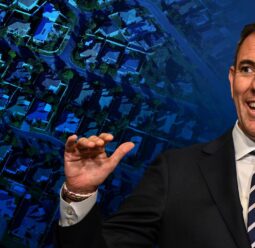
Capital expenditure has been rising fast in Australia as the treasurer warns stubborn inflation will mean savings are needed in the budget.
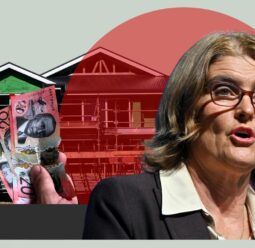
Minutes from the Reserve Bank's latest meeting reveal the thinking behind its call to lift interest rates for the first in more than two years.
Rising inflation has pushed real wages below the level of rising costs, which could have a big impact on the Reserve Bank's next decision on interest rates.
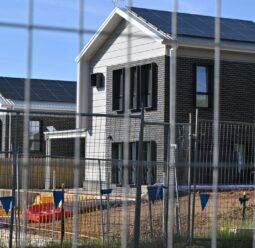
Pent-up demand has property group Mirvac optimistic about the outlook for residential housing despite the prospect of higher interest rates.
Economists fear two solid jobs readings could push the RBA to inflict more borrowing pain on Australian mortgage-holders.
A surprise slide in consumer spending has thrown more uncertainty around the Reserve Bank's next move on interest rates.
With the RBA showing stronger resolve to rein in inflation, banks will more likely than not be lifting home loan rates again in a few months, economists say.
Support from the Greens could hold the key to opening the door to capital gains tax changes as the government ponders reforms the opposition says it won't back.
Opposition MPs have grilled Reserve Bank officials over whether government spending and monetary policy errors contributed to the first rate hike in two years.
Fresh data will reveal whether the strong momentum in private spending, which spurred the Reserve Bank to lift interest rates, has continued into 2026.
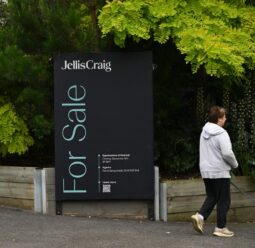
Two incorrect assumptions have set the Reserve Bank on track for a costly U-turn on interest rates, with borrowers facing steeper repayments on their mortgages.
Mortgage holders could face back-to-back rate hikes after the Reserve Bank raised interest rates amid rising inflation pressures.
Spending blow-outs by the government will force the Reserve Bank to hike rates, critics say, but the treasurer argues the private sector is driving inflation.
The Reserve Bank is widely tipped to become the first major central bank on Tuesday to U-turn from rate cuts to rate hikes in the post-COVID inflation era.

Traders now tip a greater-than-50 per cent chance of an interest rate hike in February, but some pundits are holding out hope for a Reserve Bank reprieve.
Australia's labour market remains tight, with limited spare capacity keeping pressure on already-high inflation and shortening the odds of interest rate hikes.
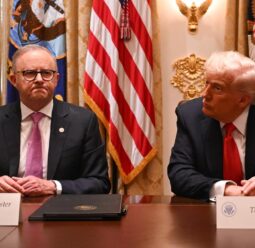
A deterioration in the job market could spare Australian borrowers interest rate hikes in 2026, an economist says.
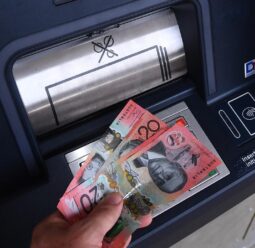
A fresh survey of Australian consumer sentiment doesn't make for encouraging reading as the central bank weighs lifting the cash rate at its next meeting.
With the government unlikely to restrain public spending, the Reserve Bank will have to lift rates in 2026 to keep inflation under control, economists say.
The average mortgage-holder's repayments could soon jump an extra $90 a month, with another Reserve Bank interest rate hike on the cards as early as February.
Unemployment and jobs growth figures for November tell differing stories about the strength of the labour market, providing little clarity for the Reserve Bank.
The US central bank has reduced its key interest rate for the third time in a row but signalled that it may leave rates unchanged in the coming months.
The official cash rate is expected to remain on hold when the Reserve Bank decides on interest rates for the last time in 2025.
Equipment investment in Australia's IT sector almost doubled in three months amid a surge in data centre projects, which could help revive productivity growth.
Inflation data will dominate the domestic economic dashboard, while the UK budget and New Zealand rate cuts are on the agenda abroad.
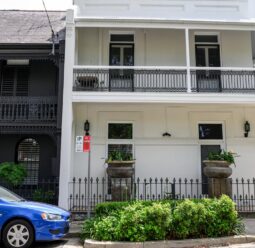
An extraordinary rise in demand combined with constrained supply has created a boom in Australian home values and rents over the past five years.
Barring a material rise in unemployment or weaker-than-expected economic growth, mortgage holders can just about give up hope for any more interest rate relief.
A shock fall in unemployment has wrong-footed analysts and dashed hopes of further interest rate cuts as the treasurer talks up Australia's economic strength.
Mortgage holders were smashed by the fastest interest rate hiking cycle in decades post-pandemic, but a study has found it did little to dampen spending.